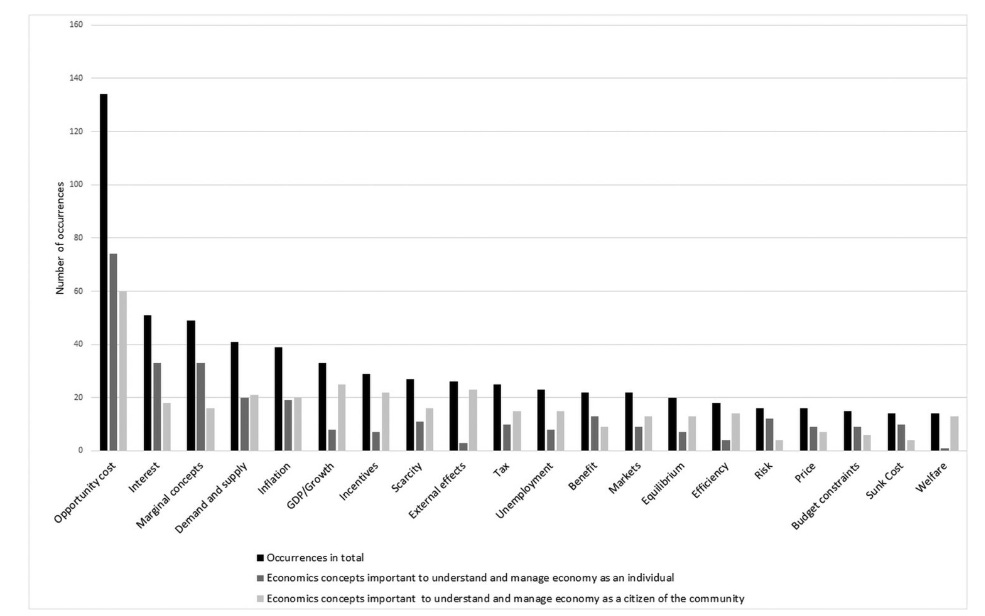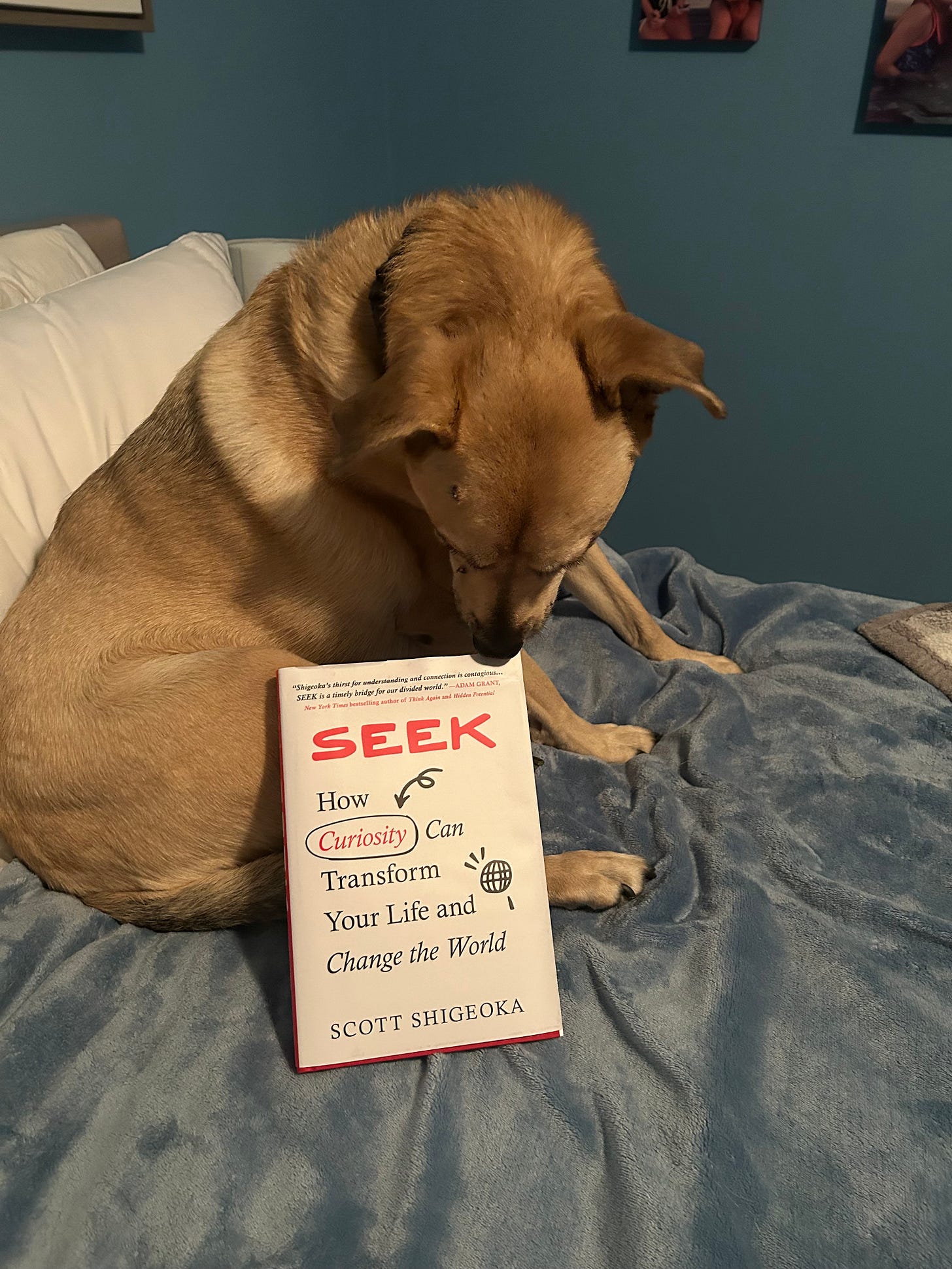What is the most important economic concept to your well-being?
Here are the answers from every single Swedish economist
NOTE: this is part of a series on the science of curiosity including how this strength changes over the lifespan (click here), enhances creativity (click here), improves social interactions (click here), and persuades minds (click here). Below is a manuscript under review. You are the first to read it.
I am constantly experimenting with these Provoked issues. In this issue, every subscriber gets valuable content but if you are a generous paid supporter (namaste!), you get even more. Give me feedback on this initial test run.
I.
I’m obsessed with trade-offs. In purchases. When choosing weekend parenting activity 4 out of 17 options. When leaving parties early because of a come-to-Moses moment that the book I’m reading at home is better than suburgatory gossip (see my 2022 reading recommendations).
You go to the movie theatre. Spend $15 and another $12 on popcorn and a blue raspberry ICEE. The movie unfolds on the screen, a parade of clichéd jump scares and predictable plot twists. Yet, you stay. There's a stubborn part of you that refuses to admit defeat. So you sit there. Sometimes, the best course of action is to cut your losses and walk away. You already paid for the movie. Now, you threw away 90 minutes of possibilities. Treat your time, energy, and attention as precious resources.
Who believes that opportunity cost is the most important economic concept to your well-being?
Economists from all 48 colleges/universities in Sweden. These economists believe grasping the economics of choice is more valuable than most of what shows up in business newspapers, blogs, and podcasts - inflation, taxes, supply and demand, incentives, scarcity, sunk costs, etc. So keep my movie theatre example top of mind. Next time you invest in something that sucks? Bail with extreme prejudice.1 Then watch your well-being soar…
What do you think the results would be if replicated in the Bible Belt of the United States versus the East and West Coasts? Sardinia? Beijing? No way this generalizes. We should be thinking about these cross-cultural comparisons more often.
Who cares most about making good decisions and shows a willingness to change after making the wrong choice?
II.
In my first collaboration with Dr. James Kaufman (titan researcher and author of The Creativity Advantage), we bring this lens of opportunity cost to psychological strengths. In particular, curiosity and creativity.
Kashdan, T.B., Kaufman, J.C., & McKnight, P.E. (2023). The Costs of Curiosity and Creativity: Minimizing the Downsides While Maximizing the Upsides. Invited manuscript under review
Get a first look below.
But first, if you want more on the topic, read the latest entry in this space, Seek: How Curiosity Can Transform Your Life and Change the World.
If you decide to invest in reading Part II below, please send me questions, comments, and beefs, which will help the three of us refine this work. Enjoy…




